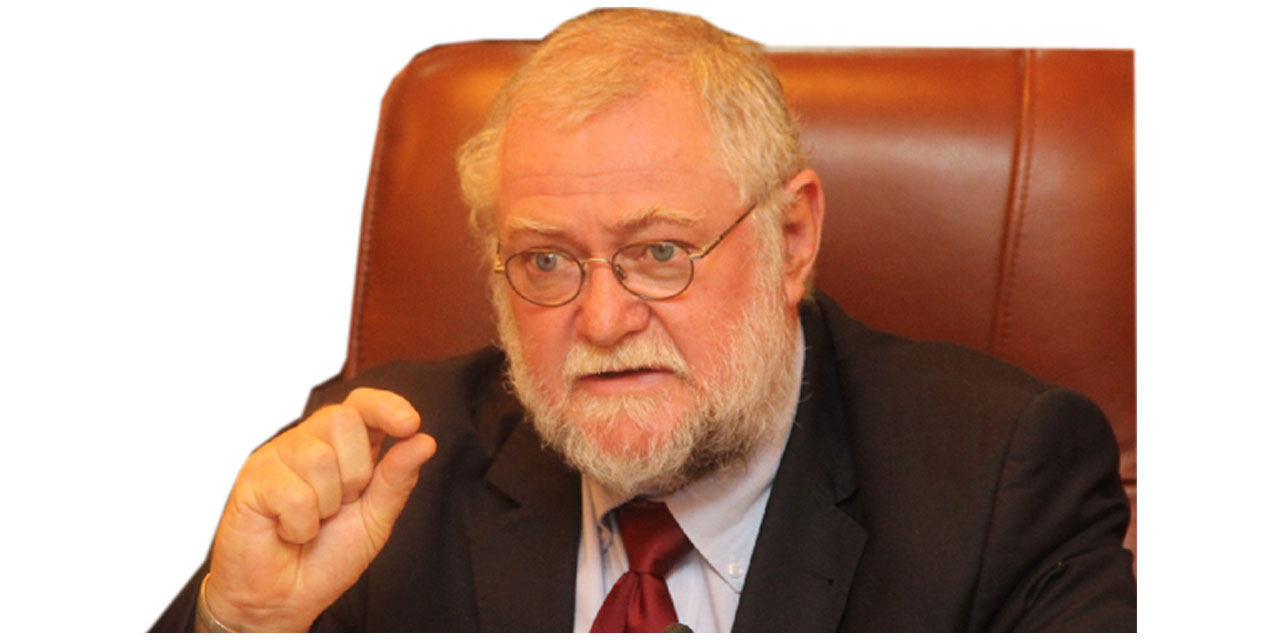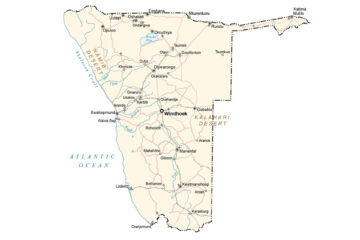Hertta-Maria Amutenja
Agriculture, Water and Land Reform Minister, Calle Schlettwein said the new Namibia Agronomic Board (NAB) has achieved gender inclusivity and gender equality with the appointment of new members.
Schletttwein, during the inauguration of the new board yesterday said the people in the new positions are representatives of various industries that link into the value chains and are experts in their required fields.
“The Board is constituted, and its members, including the Chairperson and Deputy Chairperson of the board, shall be appointed by, and for a period as determined under, sections 14 and 15 of the Public Enterprises Governance Act. I am confident that this board satisfies these crucial criteria. I am very confident that the new board has achieved that. We have achieved a fifty-fifty gender balance half of the members are women and the other half are men,” he said.
The new board is being led by Hubertus Hamm as the Chairperson and Marina Muller as Vice-Chairperson.
Gerhard Engelbrecht, Peter Kawana, Salomo Mbai, Jacob Hamutenya, Sonja Molebugi, Maria Pogisho, Ruthy Masake and Violet Simataa make up the ten-member board. Of the ten members, five are women and the other five are men.
During the inauguration, the minister said the objectives of the board are to promote the agronomic industry and to facilitate the production, processing, storage and marketing of controlled products in Namibia.
“The declaration of agronomic crops has the intent to intervene in the specific crop value chains with multiple objectives.
They include improving production towards self-sufficiency and beyond, developing support schemes for those producers, maintaining national food security, and last but not least keeping food accessible and affordable,” he said.
The minister said that Namibia is amongst the top countries with the most skewed economy with great inequality in income distribution.
“Over 70 percent of the population depends on agriculture for their livelihood, whilst at the same time Namibia is ranked as the second most skewed economy with great inequality income distribution. Agriculture and specifically the agronomic sector offers the best economic opportunities for job creation, improved livelihoods, for youth employment. We need to focus our support on the thousands of small-scale horticultural and agronomic producers to improve their productivity, the links to and access to well-paying markets,” he added.
Speaking at the ceremony Hamm acknowledged the former Chairperson Michale Iyambo and the board for his continued support.
“I want to thank Michael for the guidance in the past years and fellow board, members in the leadership displayed in your tenure as board members. It is the absolute priority to ensure that the NAB Crop Value Strategy is implemented within the expected time frame and necessary guidance if various stakeholders,” he said
Iyambo has led the board since 2017 on reducing the cost of regulation, simplifying processes and improving service delivery and increasing efficiency.
“With collaboration, the NAB will be able to contribute to the further development of the agronomic and water culture sectors by assisting the government through the Ministry of Agriculture to unlock the potential of the green industry economy and Namibia,” he added.




